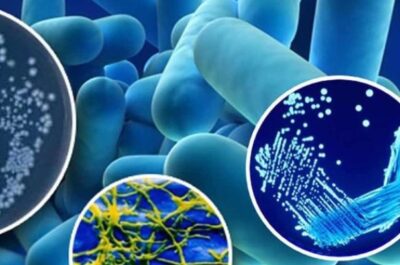This regulation will enter into force on January 2, 2023. WHAT ARE THE MOST RELEVANT NOVELTIES OF THE NEW ROYAL DECREE? The draft of the new Royal Decree contemplates quite a few innovations, some relevant and of great interest to the tourism sector, and others of a lesser order that represent improvements or adjustments to the RD in force. Next, we try to summarize the most relevant. – The responsibilities of the owners of the facilities, external service companies and service companies that carry out legionella prevention and control operations are regulated. – Annex III establishes a series of requirements and characteristics to be met by the facilities. With an adaptation period of 2 years for existing facilities and in relation to those requirements that were not already mandatory according to current regulations. – It is determined that the self-control programs must meet the minimum requirements of the Legionella Prevention and Control Plan (PPCL), which will include, among others, an initial diagnosis and a detailed description of the facility, as well as the control programs maintenance and review of facilities and equipment, as well as documentation and records that reflect the activities and controls established in the programs. And the term of one year is established for its adaptation after the entry into force in January 2023. In those priority buildings (residences, hospitals,…) you can choose to implement a Sanitary Plan against Legionella (PSL). – It is established that any authorized and registered biocide may be used for the treatment of the facilities. – In relation to sampling: The frequency of sampling and the number of analyzes for Legionella in risk facilities are increased. The procedures for taking samples, their transport and subsequent analysis are updated. The requirements of the laboratories, which must be accredited for the analysis of Legionella, are specified. The reference method of analysis continues to be the culture of Legionella, and alternative methods to culture, methods not based on culture and molecular methods, in particular PCR, can be used, as a complement to this and in specific situations. Legionella spp. remains as a parameter to be determined. as well as the limit value of 100 CFU/L as a critical limit in drinking water installations. – In relation to the training conditions of internal and external personnel. In summary, the technical managers of the facilities, and internal and external personnel who carry out cleaning and disinfection tasks, must be in possession of the relevant professional qualification. The rest of the staff must have training that enables them to carry out minor prevention and control actions, such as, for example, biocide controls. Current training certificates will be valid for 5 years, in order to make it easier for staff to obtain the corresponding professional qualification.
